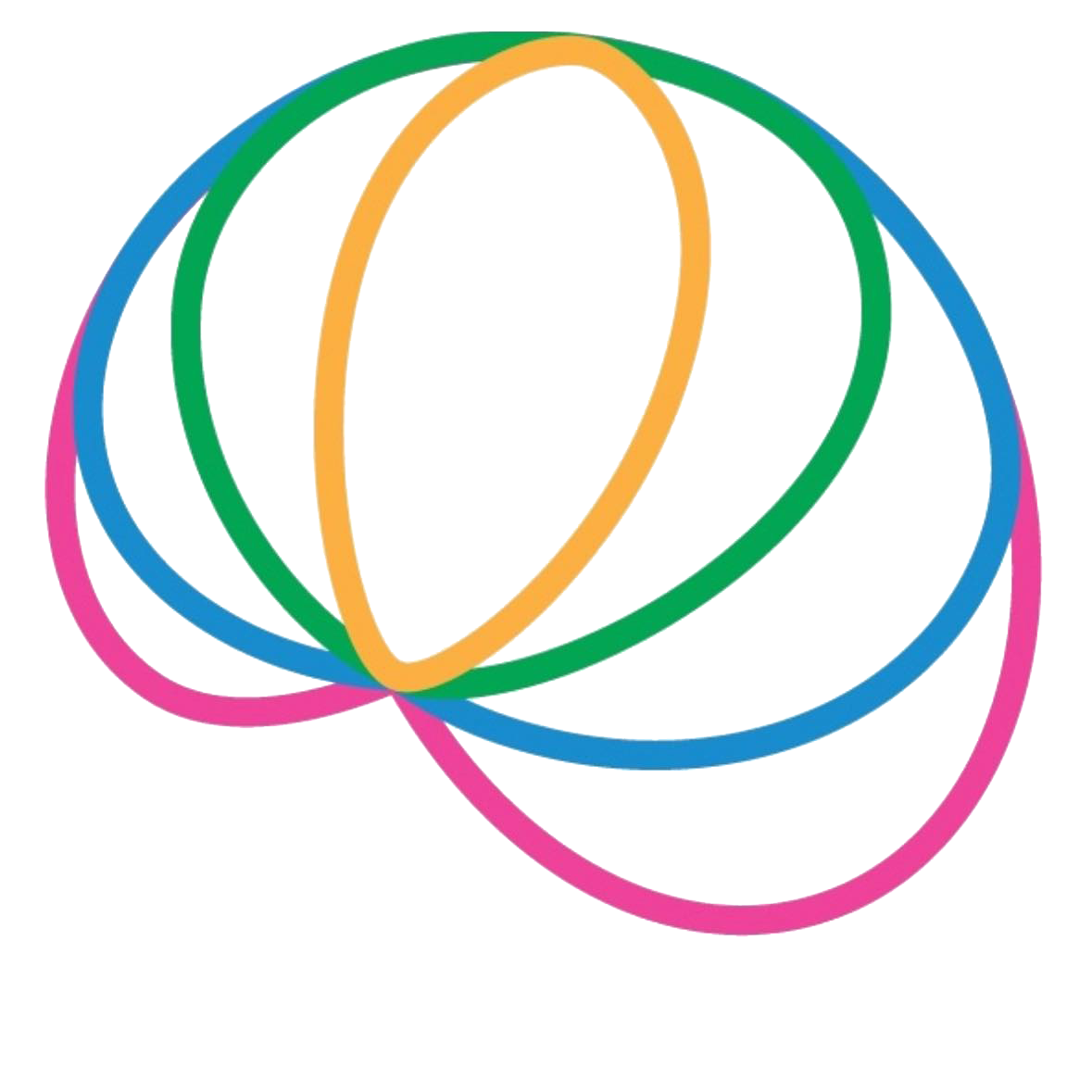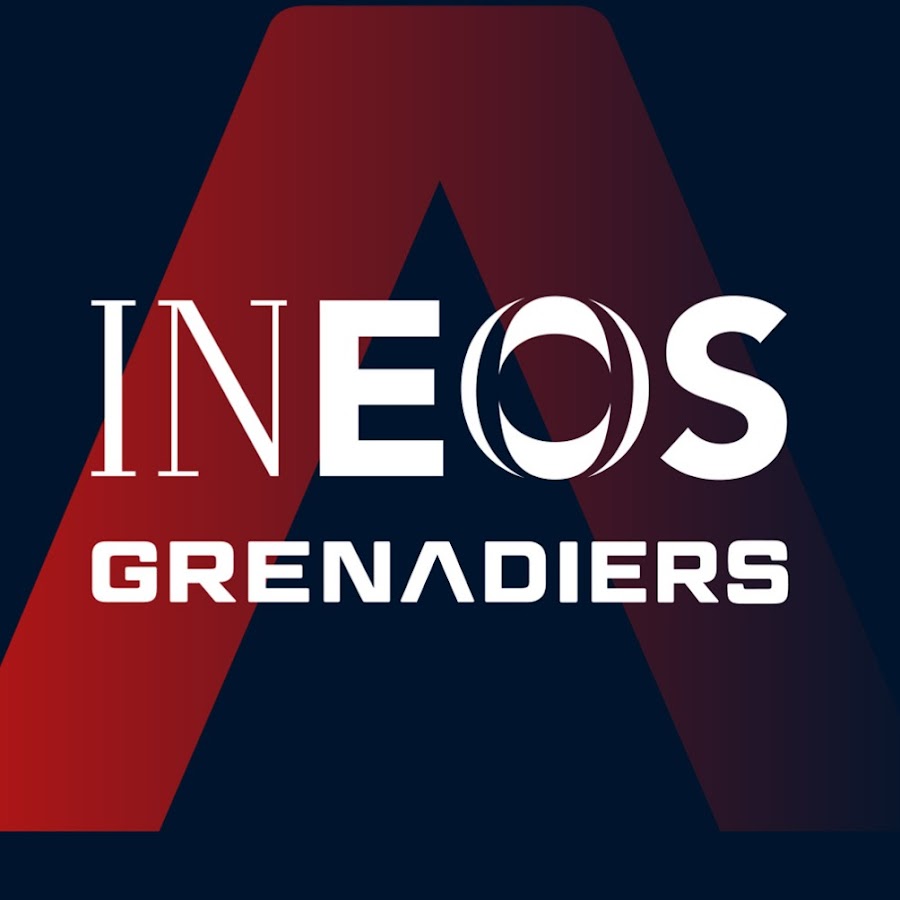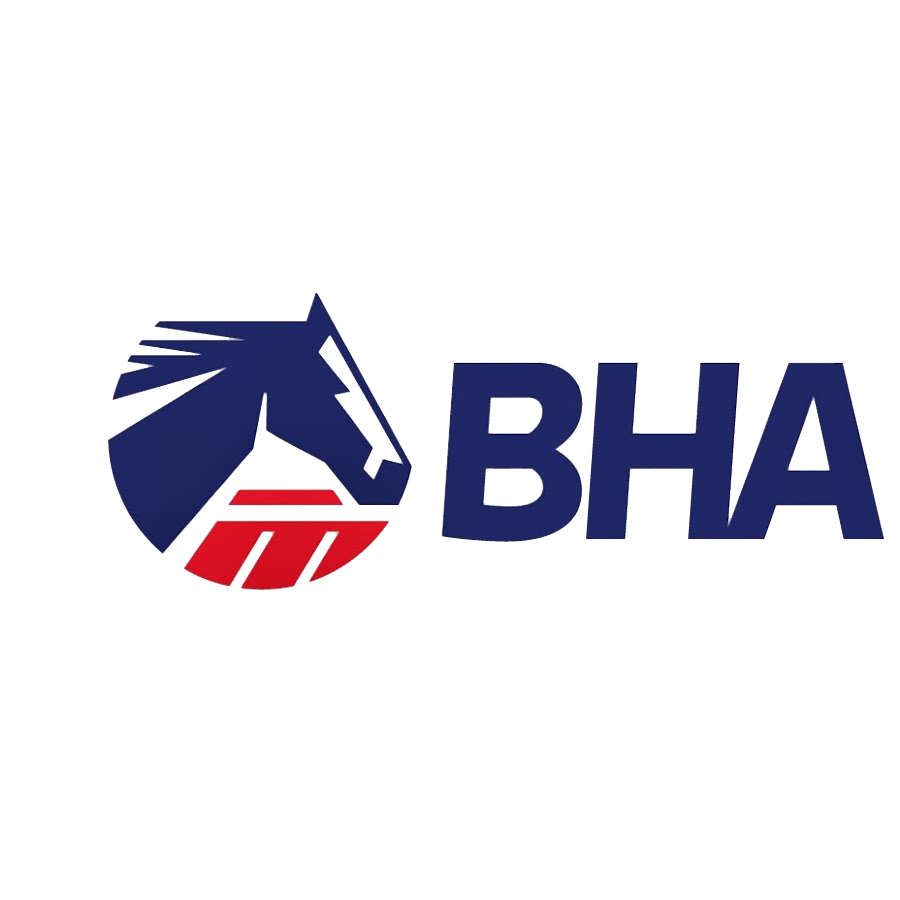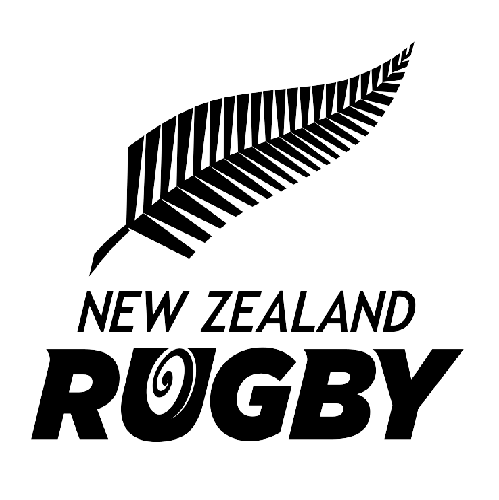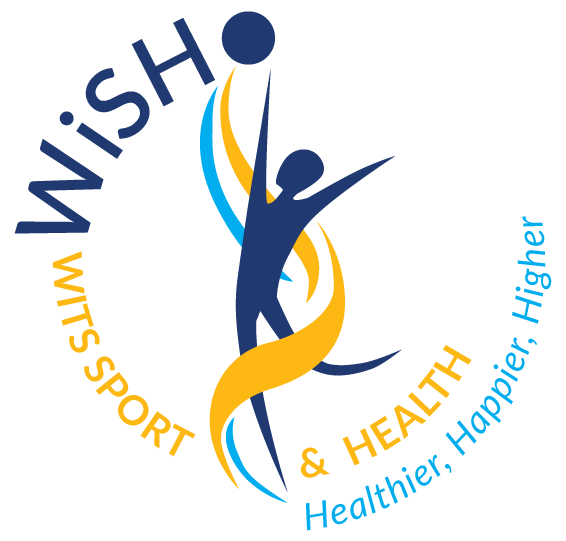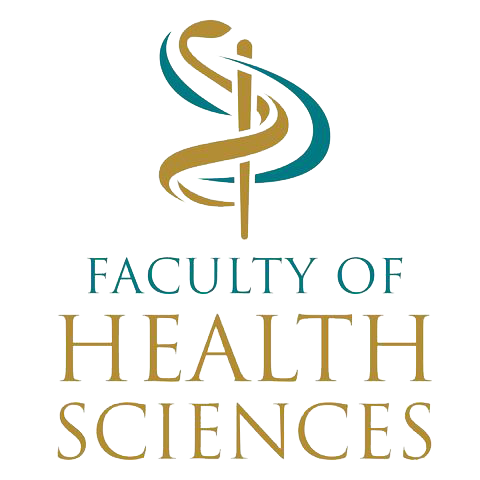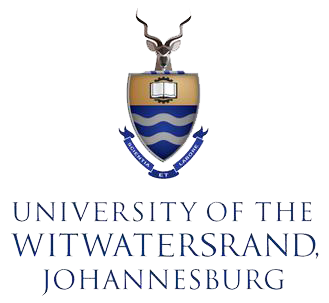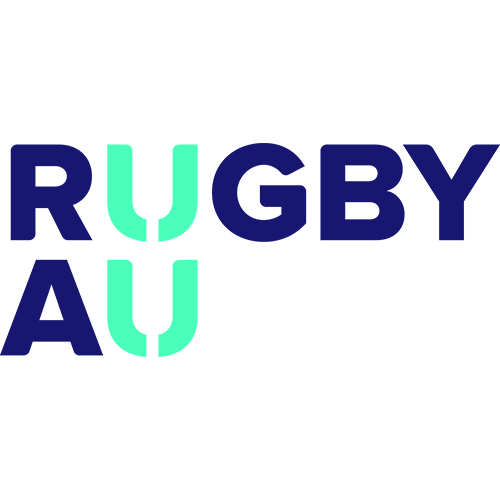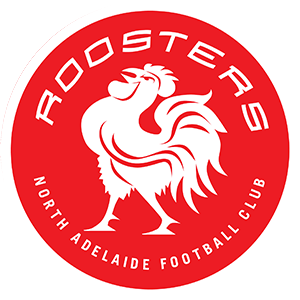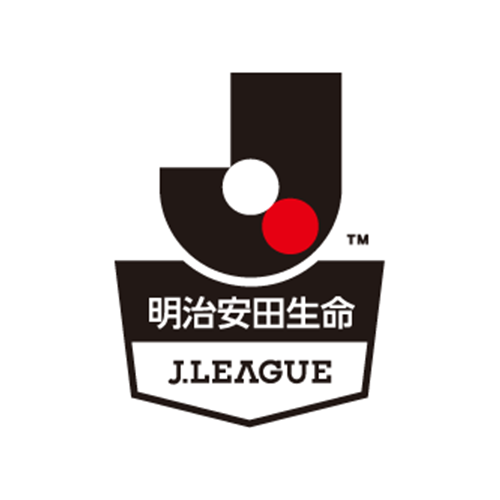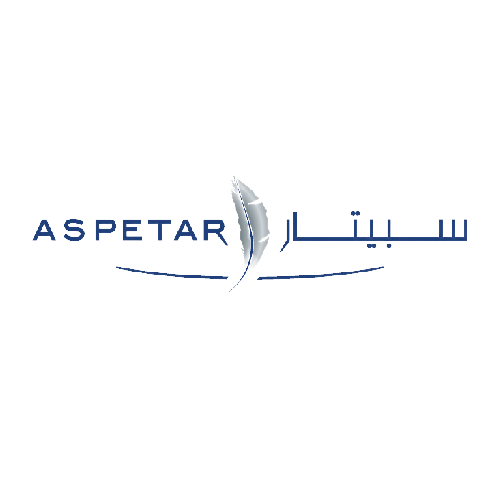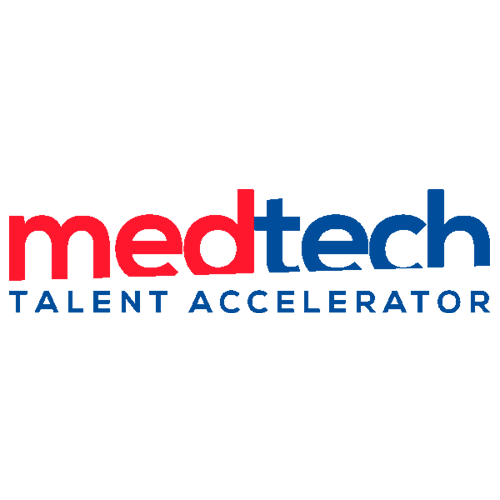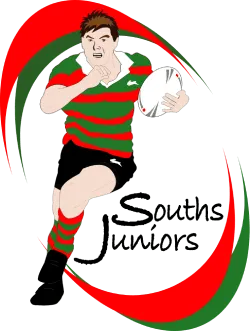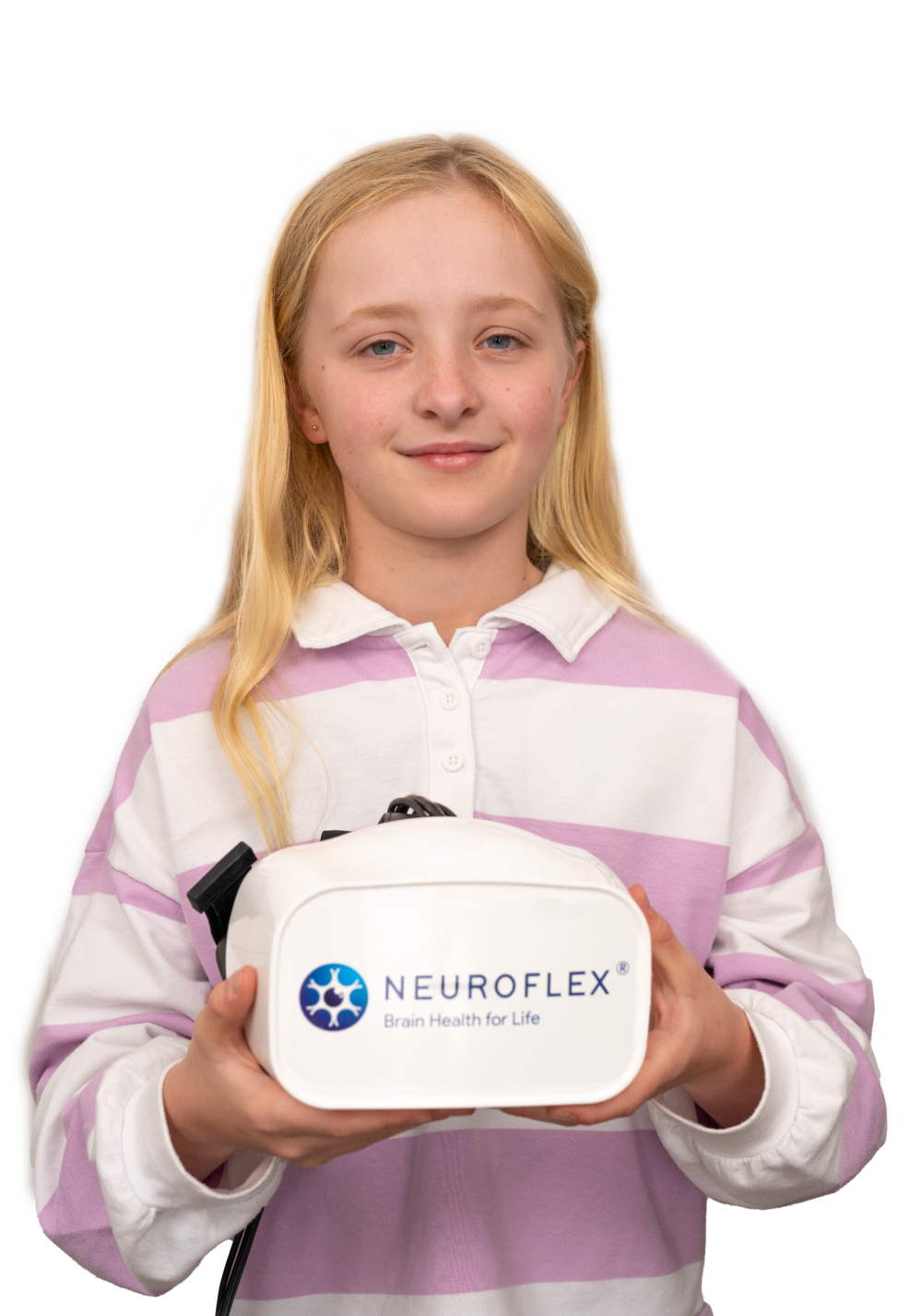
Individualised Approach
Everyone’s brain is different, which is why brain health recovery time varies amongst individuals. NeuroFlex® provides an individualised approach to brain health management. Our technology takes away the guesswork, providing clear, objective data about when an individual is safe to return to play.
Previously, objective data could only be obtained through a specialist hospital laboratory. Now, NeuroFlex® provides clinicians with a condensed hospital-standard assessment in a portable tool. The technology is light and portable, consisting of a laptop, VR goggles and the NeuroFlex® software.
NeuroFlex® has regulatory approval from the FDA, Australian TGA, European Medicines Agency, UK MHRA, Health Canada & South Africa HPRA.
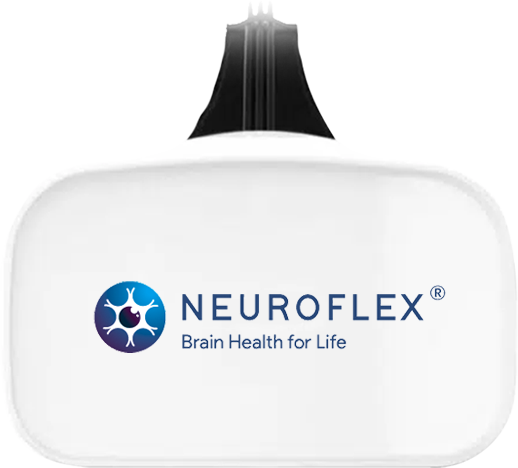
Baseline Testing
NeuroFlex® testing takes between 3 to 8 minutes and generates an accurate, quantitative, metrics-based report, which helps clinicians make informed decision.
Individuals undergo baseline testing using NeuroFlex® to establish their healthy, normative range. The technology targets functions like smooth pursuit, optokinetic nystagmus, vestibular-ocular reflex, antisaccades, as well as spontaneous and gaze-evoked nystagmus.
If an individual is suspected of suffering a head knock, they are re-tested, using NeuroFlex® and their new results are compared to their healthy baseline data. The objective data allows clinicians to determine whether an individual has suffered a concussion and when they are safe to return to play.
NeuroFlex® also acts as a training tool. It is programmed with rehabilitation and performance exercises, which provide personalised and targeted treatment plans.
NeuroFlex in Action
Early Detection
Early detection of concussions is vital in keeping individuals safe and preventing secondary concussion syndrome. NeuroFlex® allows clinicians to make informed decisions about when an individual is safe to return to play. Secondary concussion syndrome can occur when an individual experiences a second concussion before fully recovering from the first. Rapid succession of brain injuries can lead to catastrophic consequences, including severe brain swelling, neurological dysfunction and even death. This is why individualised testing is so important.
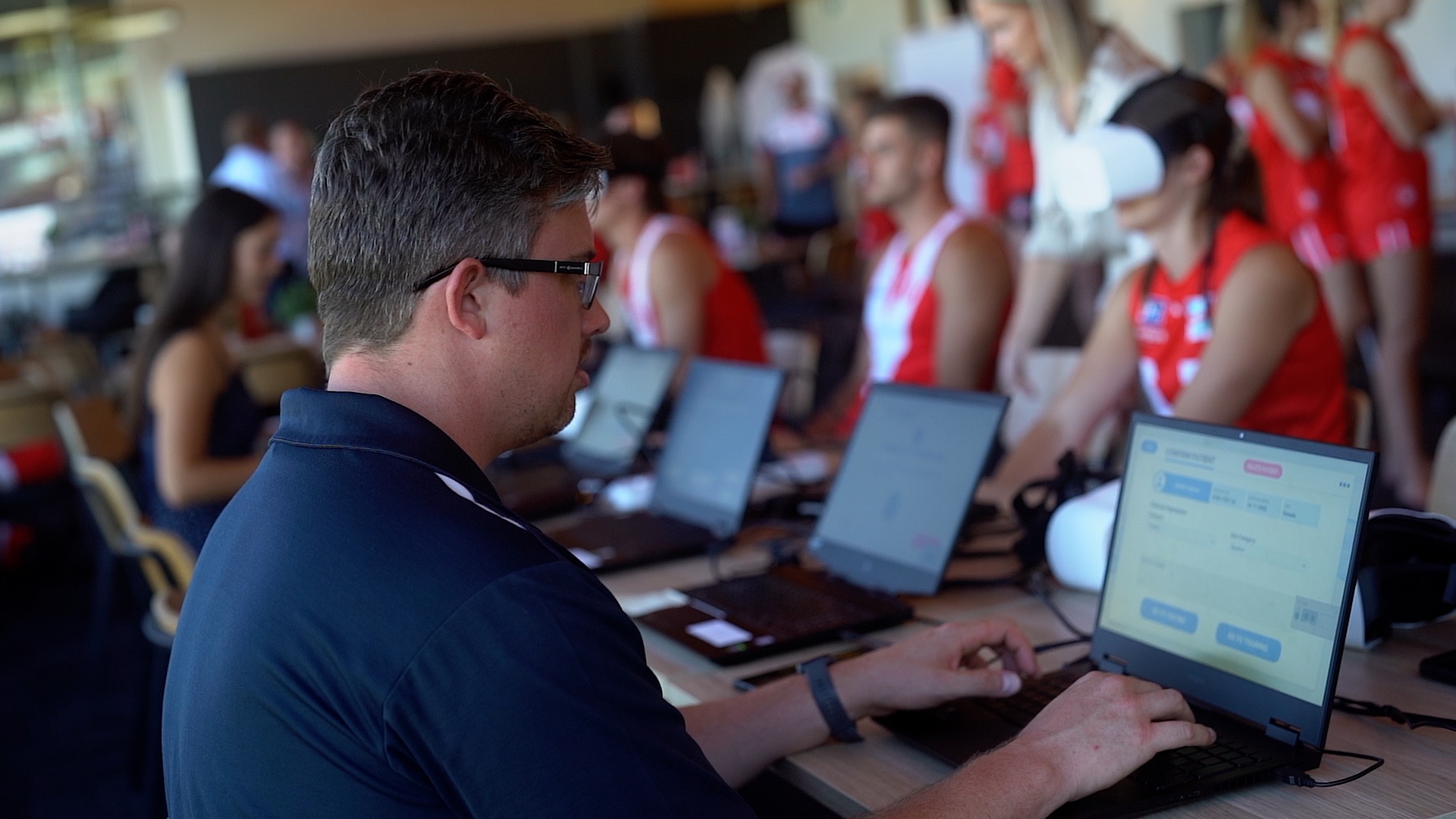

Brain Health in Ageing
NeuroFlex® is helping clinicians diagnose Alzheimer’s and Parkinson’s disease in patients.
Typically, diagnosis of neurological problems is primarily based on behaviours and experiences, which can be subjective. Our revolutionary technology is now providing clinicians with the ability to objectively measure a patient’s brain performance to provide answers and support.
Clinicians are using NeuroFlex® to help fill in the gaps so they can provide a higher standard of care.
Vestibular
The vestibular system is responsible for maintaining balance and spatial orientation.
Historically, vestibular disorders like dizziness, balance issues, migraines, Menière’s disease, were difficult and time consuming to
diagnose until now.
NeuroFlex’s® VR technology can track eye and head movements in just minutes to identify what’s causing symptoms. The technology provides key metrics on nystagmus, saccades, slow & fast phase tracking in just 15 minutes.
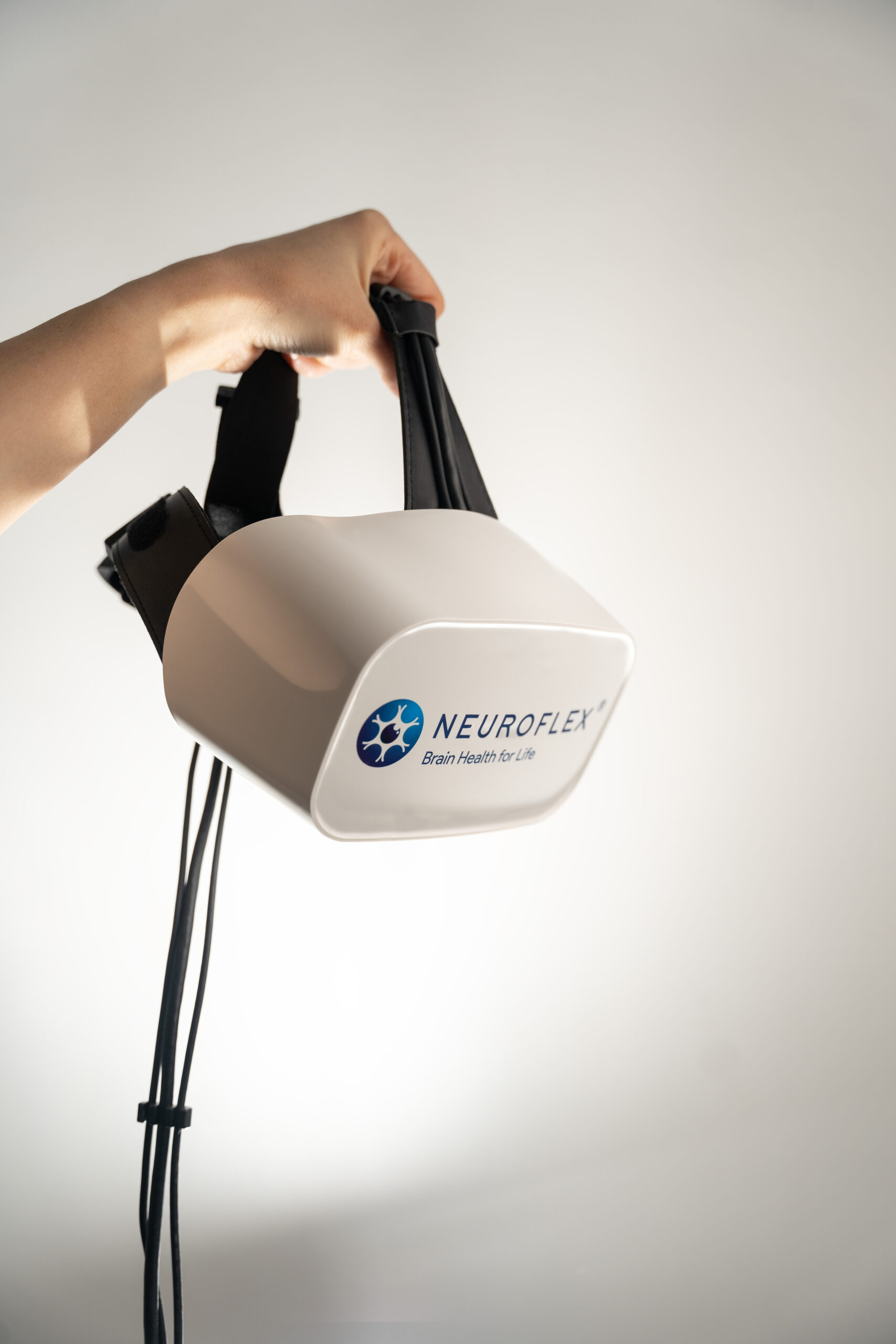
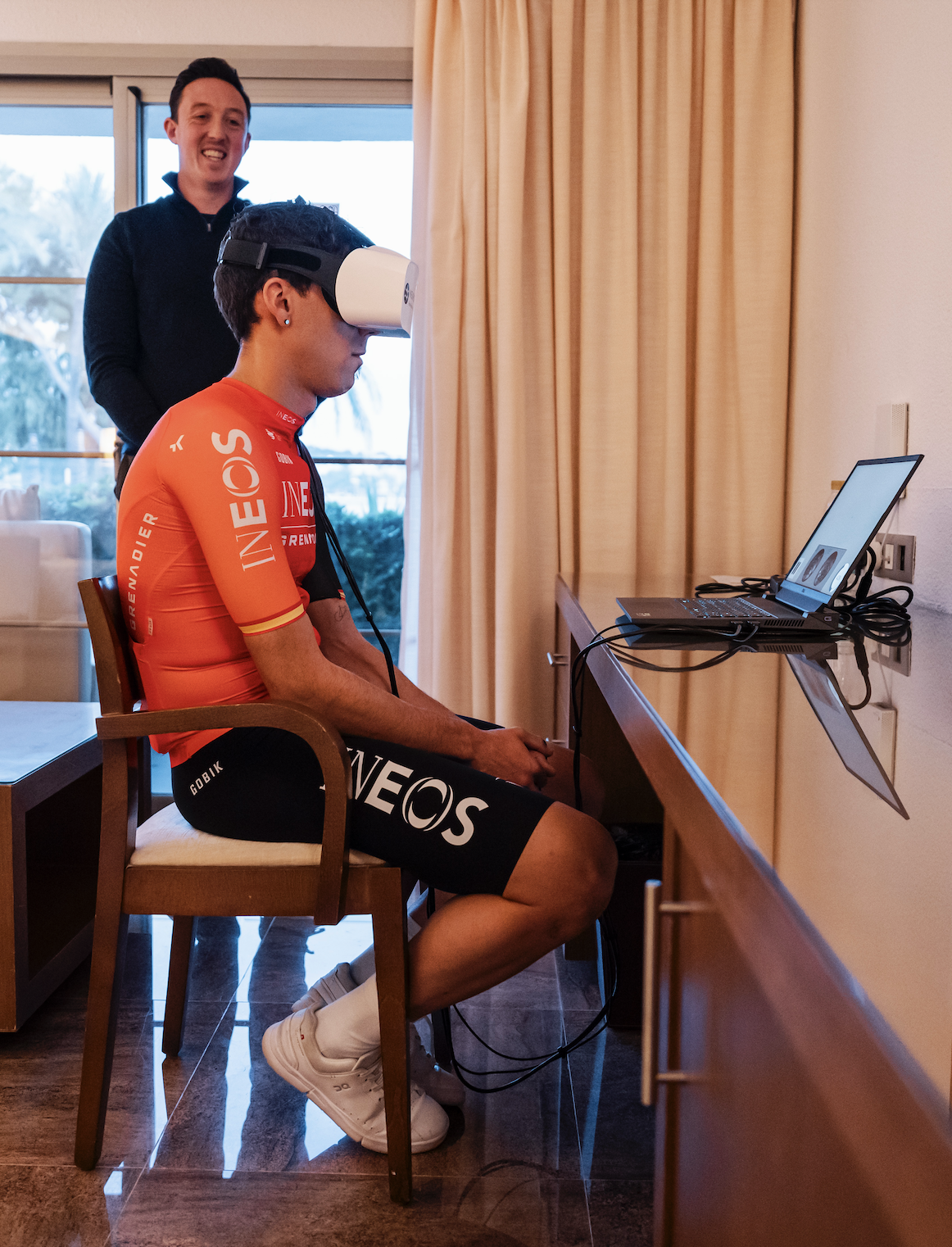
Fatigue
NeuroFlex® is being used by clinicians to help track fatigue. The VR technology can detect sleep deprivation and has also been shown to predict ‘alertness failure’ during a sleep deprived state.

